Consultation with a vascular surgeon
Cardiovascular diseases are among the most dangerous in the world. Therefore, their timely detection and treatment can prevent such dangerous complications as heart attack, stroke, thromboembolism, as well as improve well-being and prolong the life of millions of people.
Doctors of the vascular surgery department of the K+31 clinic (Moscow) diagnose and treat cardiovascular diseases of any severity using modern minimally invasive surgical intervention methods. You can also receive diagnostic, treatment and rehabilitation services after surgery.

specialists

equipment

treatment
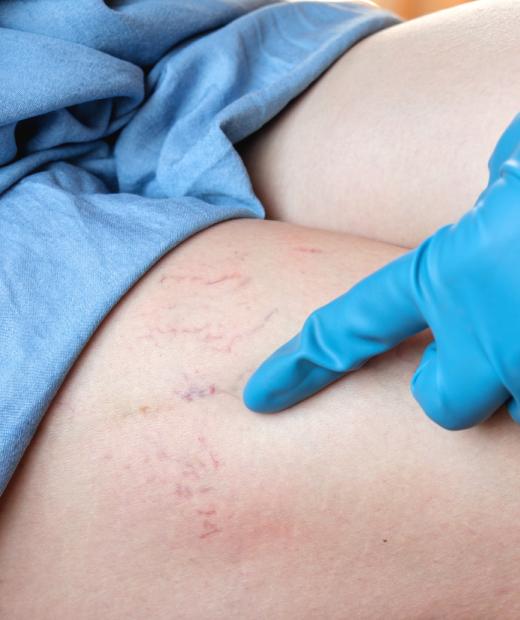
The main diseases that a vascular surgeon works with
In the vascular surgery department, phlebologists and vascular surgeons, whose tasks include treating the following diseases:
- Aortic aneurysm
- Varicose veins of the lower extremities
- Venous thrombosis and thrombophlebitis
- Atherosclerosis
- Vascular stenosis and occlusion
- Superior vena cava syndrome
- Cerebrovascular pathologies
- Enarteritis, aortoarteritis
- Diabetic angiopathy
- Lymphostasis
- Vascular damage due to trauma, bleeding
- Vascular neoplasms
- Congenital malformations of veins and arteries
- Cerebral circulatory disorder
- Angiodysplasia
- Chronic venous insufficiency
- Varicocele
- Postthrombotic disease
- Phlebopathy
- Trophic ulcers
- Abdominal ischemia syndrome
- Lymphedema
- Diseases of the brachiocephalic, renal artery
A vascular surgeon diagnoses and treats cardiovascular diseases, prevents stroke and heart attack in people with congenital or acquired vascular pathology. The scope of tasks of vascular surgeons includes the selection of drug treatment methods for all types of vessels, performing surgical operations and prescribing restorative therapy. Phlebologists treat varicose veins, thrombosis, thrombophlebitis and other venous pathologies.
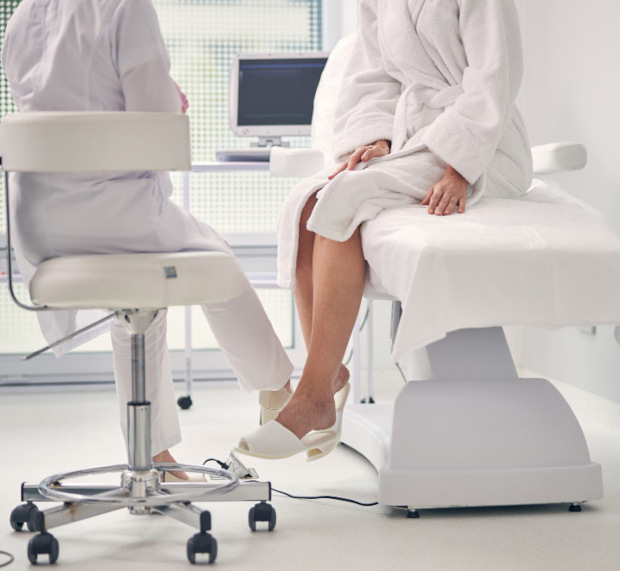
What symptoms may indicate the need to see a vascular surgeon
The attending physician refers the patient for examination to a vascular surgeon or phlebologist if the patient has the following complaints:
- Pain, heaviness in the legs, externally noticeable enlargement of veins, appearance of spider veins
- Chest pain
- A sharp increase in blood pressure
- Severe pain or burning in the feet even when at rest
- Numbness of the extremities
- A long-term feeling of cold in the legs or other parts of the body
- Weakness in the arms, inability to perform even simple physical activity
- Aching pain with pulsation in the legs, buttocks, groin, chest, abdomen
- Darkening of the skin on the fingers and toes
You should contact a vascular surgeon for a detailed examination if you suspect a pre-stroke condition, ischemic disease, venous disease, peripheral arterial disease, or cerebrovascular accident. Frequent dizziness, tinnitus, weakness in the limbs, previous injuries, or vascular surgeries may also be a reason to visit a doctor.
Important! If unusual symptoms appear, you should contact a doctor. Timely consultation with a vascular surgeon and diagnostics will help identify the disease at an early stage and, if necessary, select a treatment plan.

What is the treatment of vascular diseases?
Treatment depends on the type, stage and complexity of the problem. A vascular surgeon selects an individual approach to each patient. Therapy may be based on medications that improve blood circulation and strengthen the walls of blood vessels, as well as wearing compression hosiery, which helps maintain normal pressure in the veins and reduces swelling.
Lifestyle adjustments are also important: proper nutrition, physical activity and giving up bad habits. This helps reduce the load on the vessels.
In more complex cases, modern minimally invasive procedures are used. This can be, for example, the installation of a stent. It is a thin metal tube that expands the narrowed vessel and restores blood flow. The doctor may prescribe scleroplasty - the introduction of a special drug into the affected vessels to strengthen them and close varicose veins.
Laser and radiofrequency technologies are also used. They help to destroy damaged veins without large incisions. If necessary, they perform operations on veins and arteries to remove blood clots or restore vascular patency.
In case of heart disease, balloon angioplasty (dilation of blood vessels with a balloon) and stenting of coronary arteries can be performed, as well as catheter thrombectomy - removal of blood clots with a special catheter.
On peripheral arteries (for example, in the legs), operations are performed to remove blood clots and emboli. This helps restore normal blood flow and prevents complications.
Treatment of vascular diseases includes a range of methods - from medications and lifestyle changes to modern minimally invasive procedures and surgery aimed at restoring vascular health and improving the patient's quality of life.

This award is given to clinics with the highest ratings according to user ratings, a large number of requests from this site, and in the absence of critical violations.

This award is given to clinics with the highest ratings according to user ratings. It means that the place is known, loved, and definitely worth visiting.

The ProDoctors portal collected 500 thousand reviews, compiled a rating of doctors based on them and awarded the best. We are proud that our doctors are among those awarded.
Make an appointment at a convenient time on the nearest date
Price
Other services







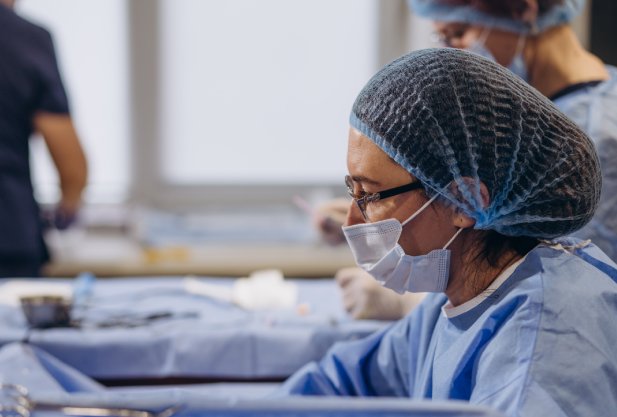
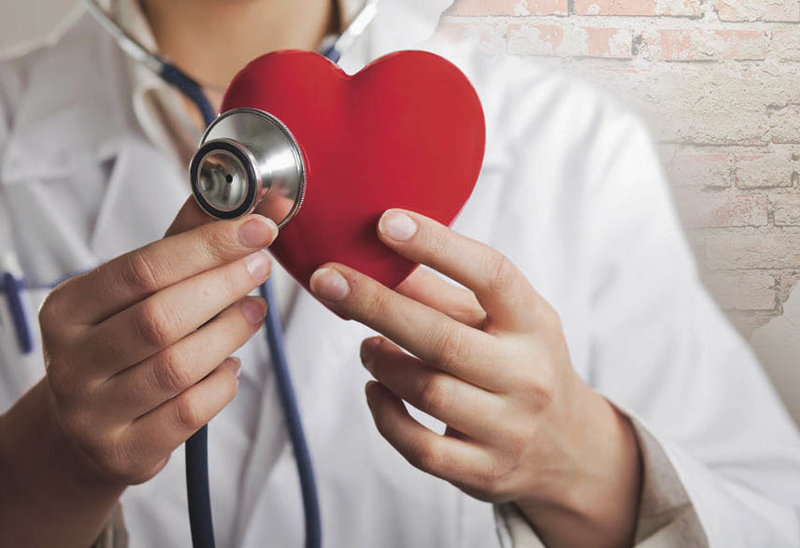

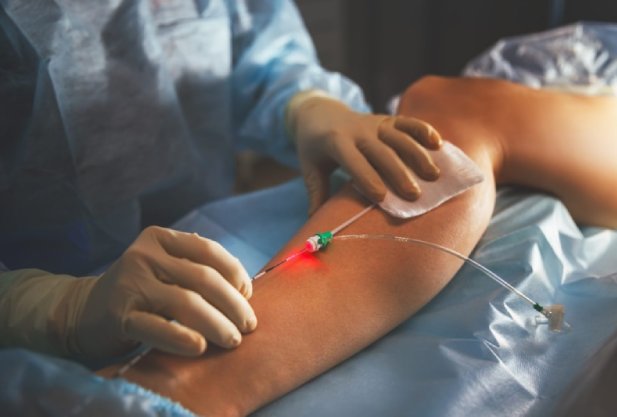

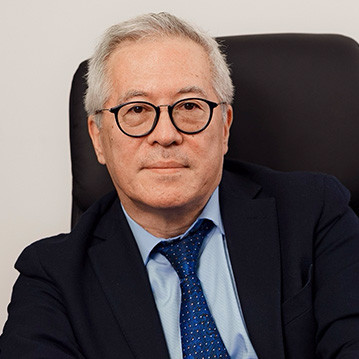
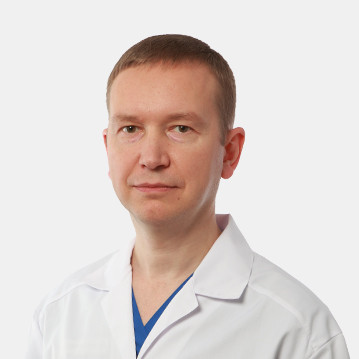
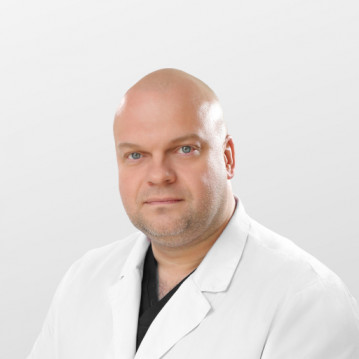
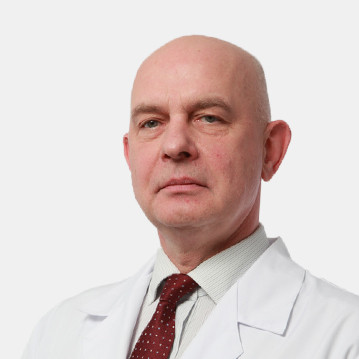
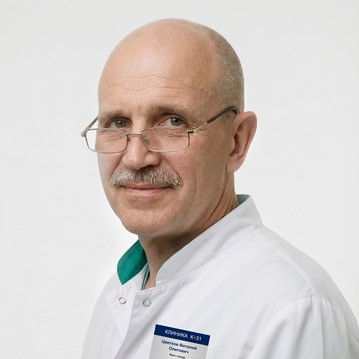
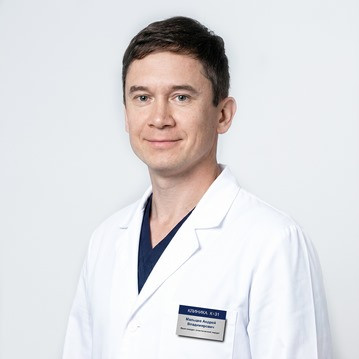
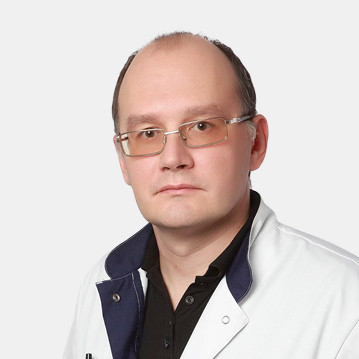
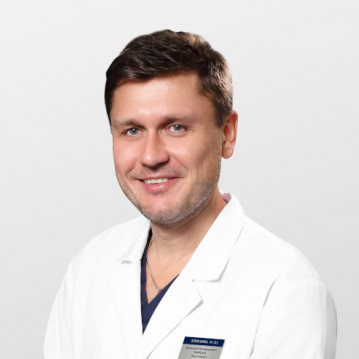
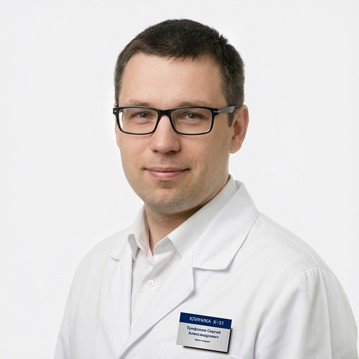
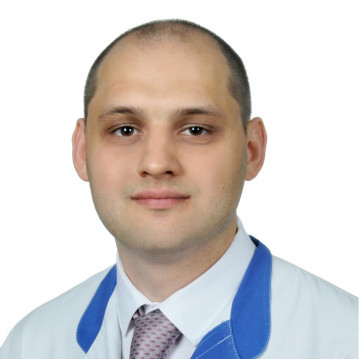
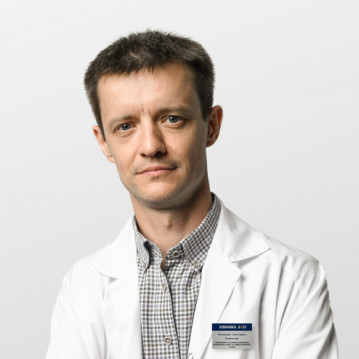
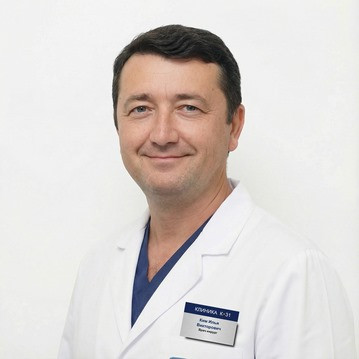
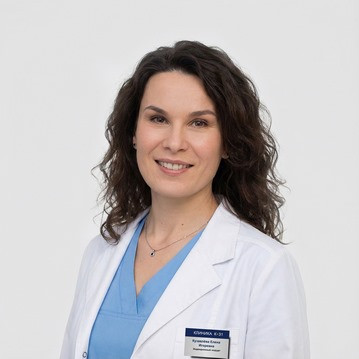
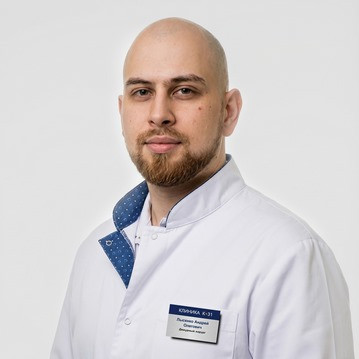
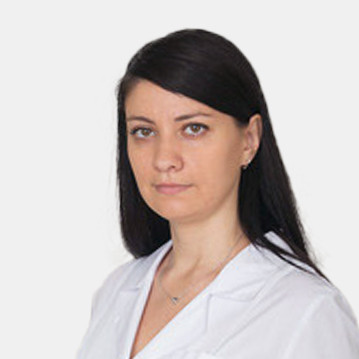
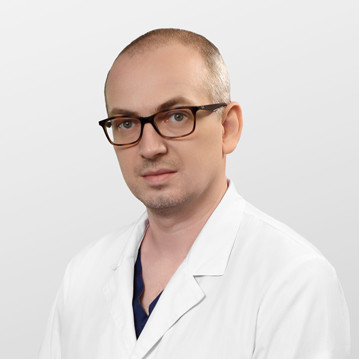
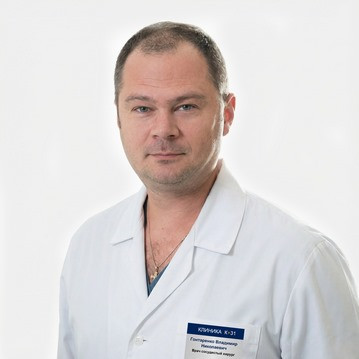
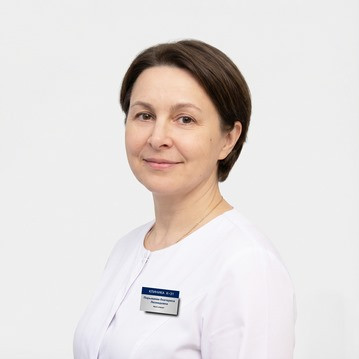
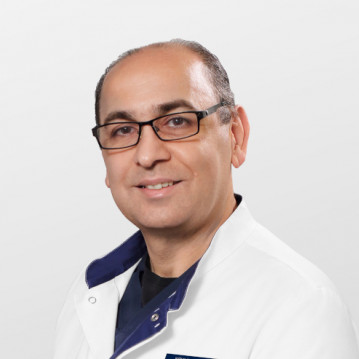
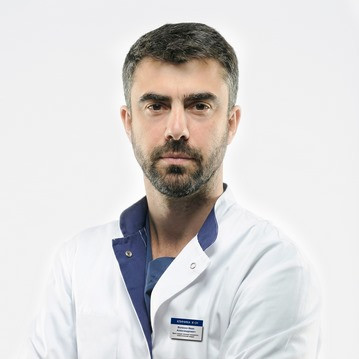
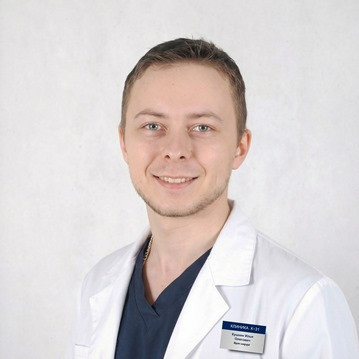
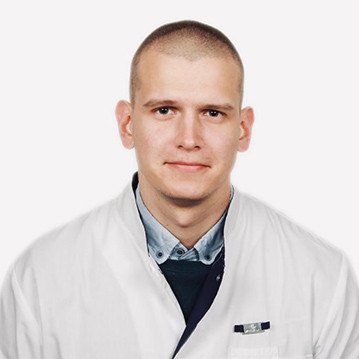
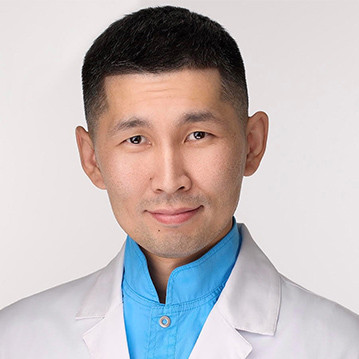

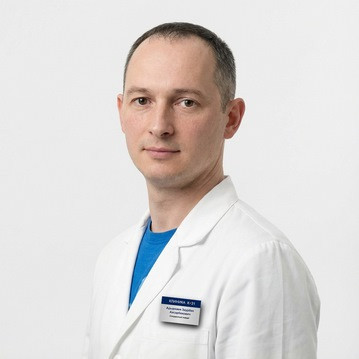
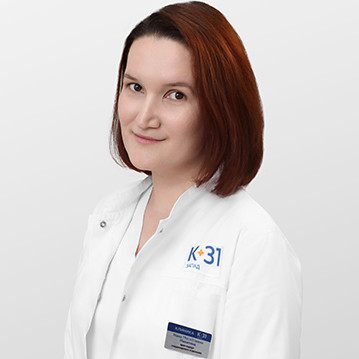
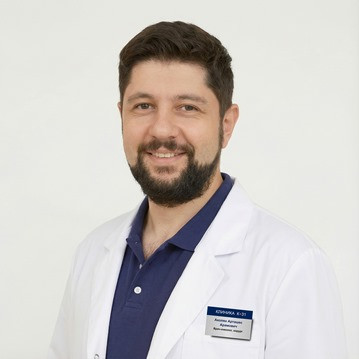
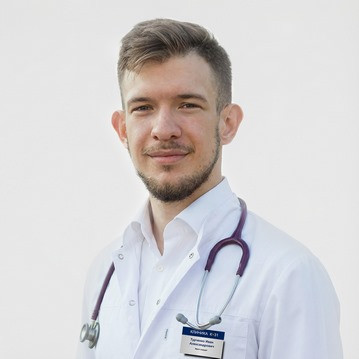

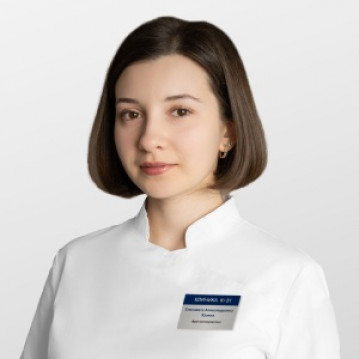
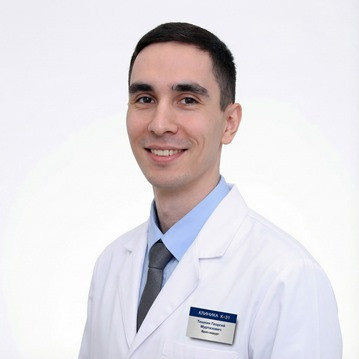
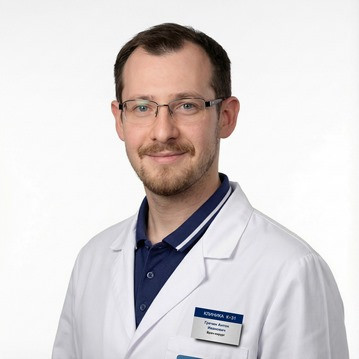
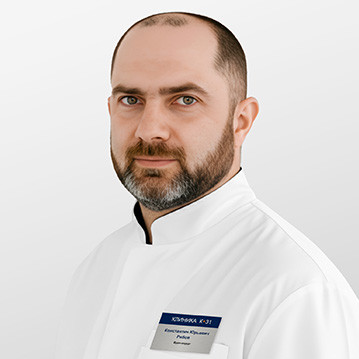
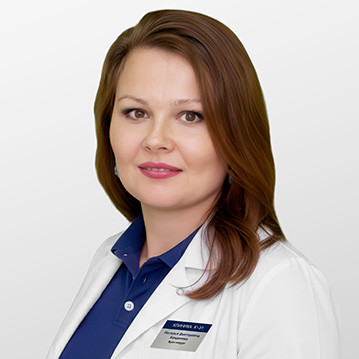
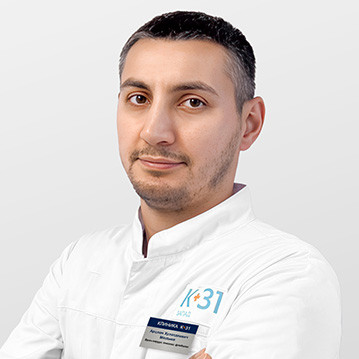
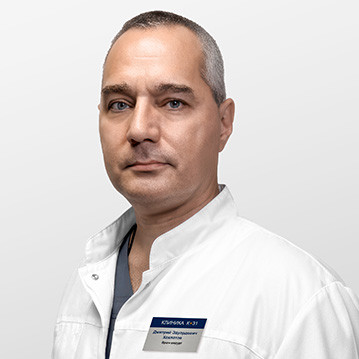
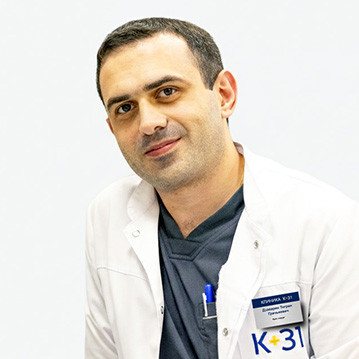

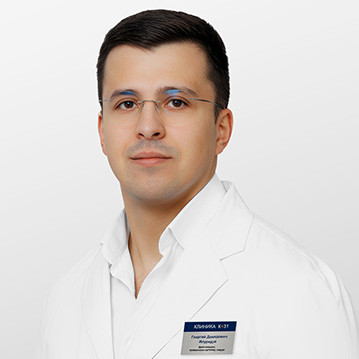
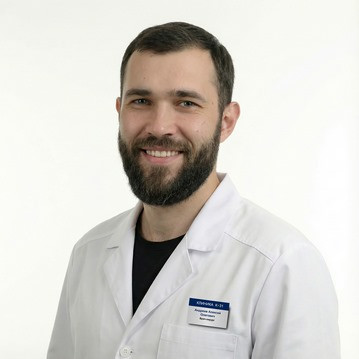
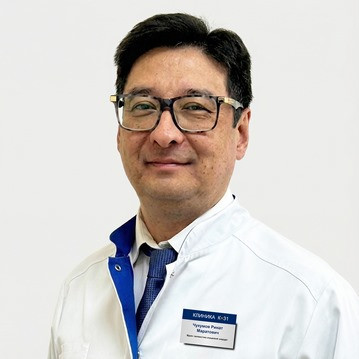
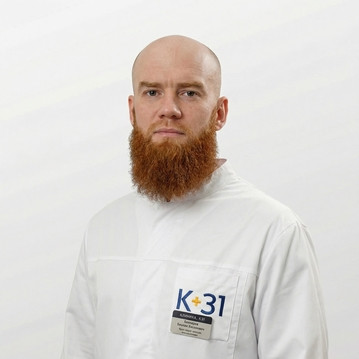
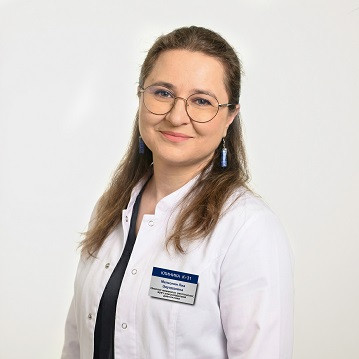
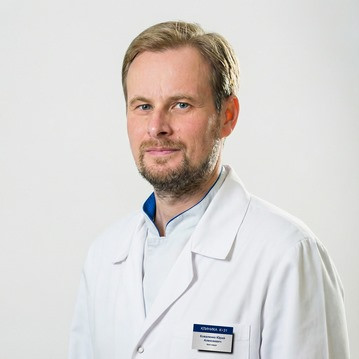
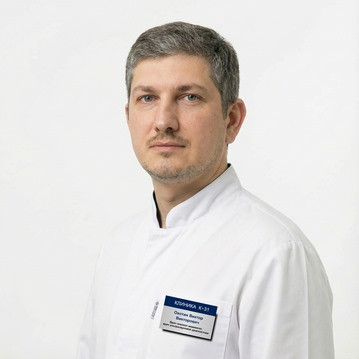
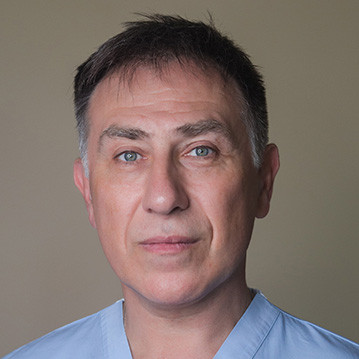







What is vascular surgery
This area includes examination, treatment and prevention of diseases associated with the pathology of veins, arteries, capillaries, and lymphatic vessels. The vessels of the entire body are studied - the brain, heart, internal organs, upper and lower extremities. If necessary, methods of minimally invasive therapy and surgical restoration of main and peripheral vessels are used.
Vascular surgery includes such narrow specializations as angiology and phlebology. Angiology specializes more in pathologies of blood and lymph vessels of the entire body, and phlebology - in diseases of the veins of the lower extremities.